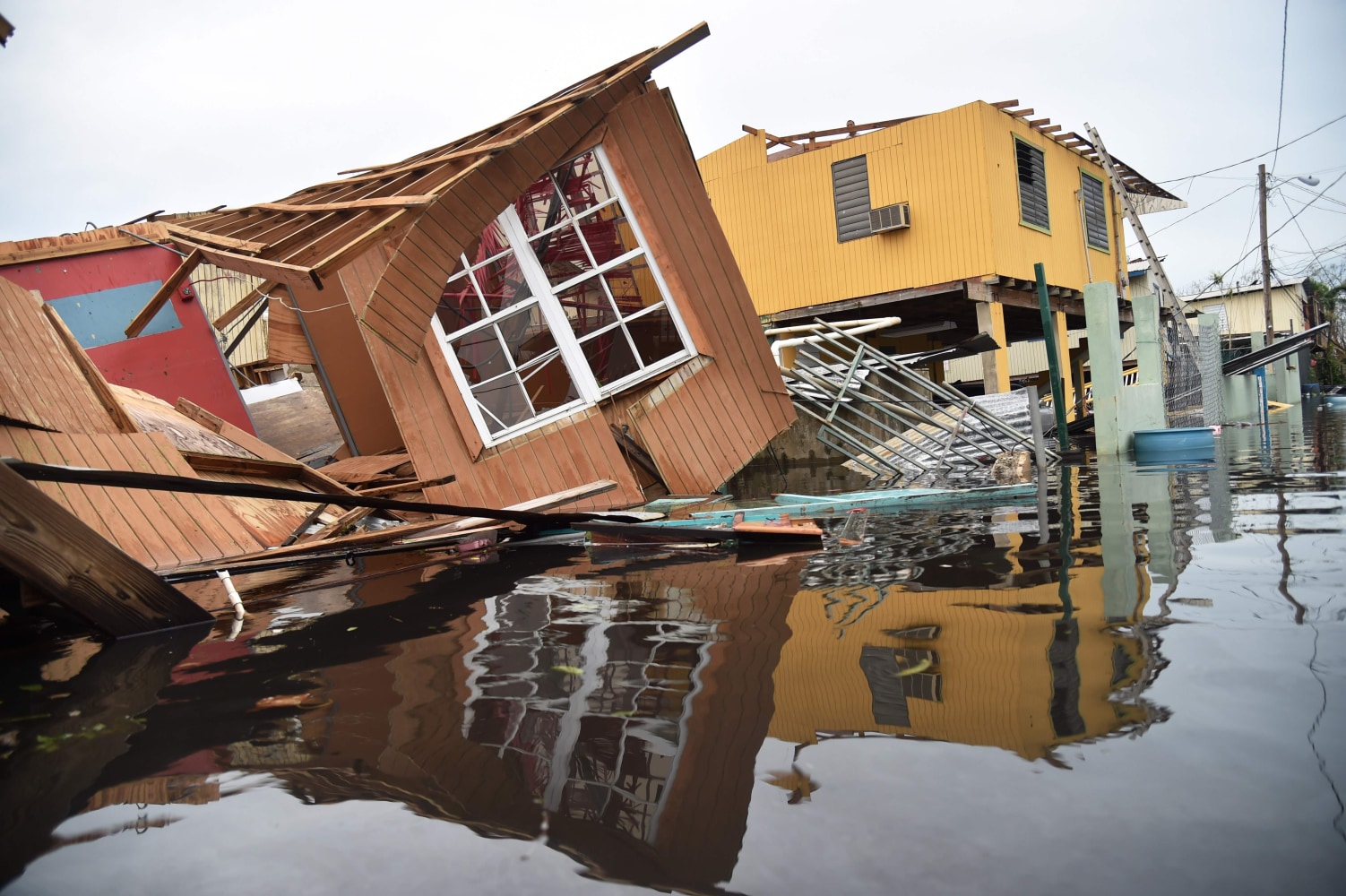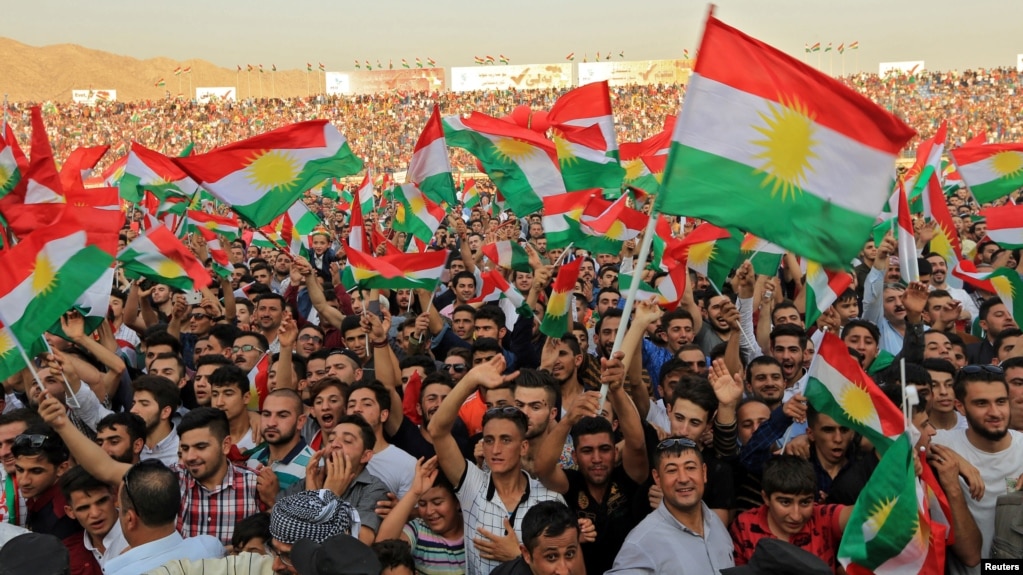Counting Countries
Counting Countries

H. Bradford
9/26/17
I like to count things. I keep track of the number of books I read in a year. I count the number of species of birds I have seen. I track the number of activist events I have attended and blog posts I have written. Numbers provide a snapshot of life and data that can be analyzed over time. The meaning should not be overstated, but keeping track of things is useful for goal setting. It therefore seems logical that I should also count the number of countries I have traveled to. Other travelers have mixed feelings about this. Some have traveled widely and simply don’t care how many countries they have been to. They may even feel that keeping track of countries is pretentious. Others may focus more on quality, visiting a few countries for longer periods of time or paying repeated visits to a few favorite places. And then, there are some who indeed count, but try to do this modestly. Like many things, there are social norms about travel and counting countries might be seen as arrogant or “the wrong way to travel.” At the same time, there is an entire club of globetrotters called “The Traveler’s Century Club” wherein members must have been to at least 100 countries (per their list) to join. While I sense there is debate about the travel etiquette of whether or not a person should count countries, there is actually little debate over…what exactly is a country?!

It’s one big happy world full of 195 countries…or is it?
I shamelessly count countries. But, with counting everything, there must be rules and the “thing” must be operationalized. Take birds for instance. A person can count a bird for an official count if they make a positive visual or auditory identification. There is wiggle room, since honesty is required when adding birds to the list. Listing a bird also depends upon correctly identified the bird (so error is possible). I try to photograph the birds as evidence that I can later check against a bird guide, but this is not always possible. Birds are feathered, warm blooded, egg laying, beaked animals. There is little ambiguity today of what a bird is, though if we went back millions of years in history bird identification would be more difficult. Since birds evolved from dinosaurs, there are birds with teeth and tailbones or dinosaurs with feathers. Where does bird begin and dinosaur end when looking at the therapods in the lineage of bird evolution? All aves are therapods, but not all therapods are birds. Birds are small, feathered dinosaurs but there are many gradiations of birdlike dinosaurs that are not birds. Whatever a “bird” is or might include in a broader, evolutionary sense, today I don’t have to puzzle over it much as there are clear parameters of what counts as a bird. However, a kiwi bird is considered an honorary mammal because of its mammal like characteristics such as heavy bones, hair like feathers, and lower body temperature. But, kiwis aren’t related to mammals, they simply evolved mammal like traits. Despite the uniqueness of kiwis, there is no debate of if they should be counted as birds. The main debate in counting the 10, 000 or so species of birds today is what constitutes a separate species. There may be as many as 18,000 species depending upon how species are defined (for instance, two birds may look similar enough to be thought of as the same species, but actually have different evolutionary histories ). The big idea is that counting something is never as easy as one, two, three…. http://www.audubon.org/news/new-study-doubles-worlds-number-bird-species-redefining-species 
Heeeey, want to add me to your birding list?!
Zhenyuanlong suni
Like birds, counting countries can also be confounding. However, this is a stickier issue as the definition of countries is often a matter of power. For instance, a country might be defined as a sovereign state – or a self-governing political entity that has diplomatic recognition of the international community (i.e. the UN). According to the US State Department, there are 195 independent states in the world. Independent state is often conflated with “country” so it is often said that there are 195 countries in the world. The UN counts 193 countries plus two permanent observer states, Vatican City and Palestine. There are many problems with this understanding of “country.” One problem is that it relies upon international consensus to define what a “country” is. However, because countries are political constructs- often constructed by more powerful countries that sought to colonize, acculturate, absorb, or otherwise control other territories, the independence status of a country is often a question of successful struggle against power or a matter of interests of some powers against others. For example, around 135 UN member countries recognize Palestine as an independent country. Interestingly, almost all of the countries of Africa, South America, Eastern Europe and Asia recognize Palestine. Countries of North America, Western Europe, and Australia are among those who do not recognize Palestine. Countries that often have less political power and a history of colonization seem more inclined to recognize Palestine than countries such as the United States, Germany, France, and the United Kingdom (who are allies of Israel and often played a role in the construction and sustenance of the state of Israel). If countries that are recognized by some UN members but not others are added to the country list, there would be 206 countries in the world. This is the same number of countries recognized by the International Olympics Committee. Other countries with partial recognition include Kosovo (recognized by 100 countries), South Ossetia, Abkhazia, and Northern Cyrprus. Whether or not a country is recognized is related again to power. Russia and a handful of other nations recognize South Ossetia and Abkhazia, but most countries do not. On the other hand, most of Western Europe + the United States recognizes Kosovo, but Russia and a hodgepodge of countries in Africa, Asia, and South America do not. The question of recognition of countries is a diplomatic question of how countries relate to players in a particular struggle. In the case of Kosovo, Russia had close ties with Serbia. In the case of South Ossetia and Abkhazia, the United States is more closely aligned with Georgia than Russia. However, Russia’s intervention in those break-away regions of Georgia was justified by the same logic that the United States and NATO allies used to support Kosovo’s independence: namely the threat of ethnic violence and need to keep peace. In general, the quest to figure out what exactly should count as a country needs to move away from statist and often imperialist definitions of what a country is. After all, the definition that a “country is a country when other countries define it as so” sounds like a tautology. Aside from this logical issue, this definition gives powerful entities, with different stakes in the definition, the right to determine the nature of a country’s independence status.

South Ossetia’s flag- which is pretty cool looking.
Rather than relying on State Department or UN recognition of countries, a more nuanced approach might be to evaluate the history, politics, and culture of a country in question. The central idea would be to determine if a particular region, territory, semi-autonomous state, or recognized country has been historically oppressed by another country. Do the people of this area consider themselves an oppressed nationality? Did they fail to gain independence or concede to colonial power? Have they or do they have an independence movement? Are they treated as a colony today? What is their power relationship to other countries? By this criteria, there are many territories that could be considered countries. For instance, Puerto Rico could be considered a country. The territory does not have the full rights of a U.S. state, has had an independence movement, and was once a Spanish colony that the United States gained from the Spanish-American war. Its colonial relationship to the United States has been highlighted by Hurricane Maria, which knocked out power to millions of Puerto Ricans. Power outages may last months and even up to a year. The struggling utility infrastructure (and infrastructure in general) of Puerto Rico is the result of its debilitating debt and austerity imposed upon it by the U.S. Elsewhere in the Caribbean, in 2009 Great Britain removed the government of Turks and Caicos due to allegations of corruption and appointed their own governor of the islands. Voting rights of citizens of Turks and Caicos is limited to about 7000 people out of a population of 38,000 on the basis of individuals who were locally born on the islands. Although this reeks of colonialism, small countries such as Turks and Caicos may not have strong independence movements because of the economic challenges of being a micro-state (without a diverse economy). Other countries such as Curacao, Sint Marteen, and Aruba are part of the Kingdom of the Netherlands, but have their own governments and autonomy outside of military matters and foreign policy. Aruba in particular had made an agreement with the Netherlands to work towards full independence by 1996, but this process has since been postponed (per the request of the Prime Minister of Aruba). Again, these countries exist in a gray area, wherein they do not have full sovereignty and maintain a relationship with a colonial power. Supposing that a person counts all of the dependencies or territories in the world, this would add about 61 “countries” the the list. But that is pretty generous- since some of these territories are not even inhabited! Though, I suppose if someone travels to Baker’s Island, an unincorporated island in the Pacific that was claimed as a guano island in the mid 1800s, a traveler may as well count it. Uninhabited territories aside, there are plenty of former colonies that could be counted as countries as a matter of recognizing their right to self-determination. Thus, I would count any former colony that has not achieved full independence on my “country count.” 
An image of the destruction caused by Hurricane Maria in Puerto Rico
Beyond counting territories, there are other nations of people who have been oppressed by imperialist relationships. A nation is not synonymous with a state and there are many nation states that consist of various nationalities. I believe in the right of self-determination to oppressed nationalities (i.e. groups of people with shared history, culture, customs, etc. who are oppressed by another nation within the context of capitalism). Nations within nation states are often oppressed on the basis of their nationality (unable to learn their language in school or speak it in public life or face other cultural restrictions). They often also serve as cheap labor or military fodder. At the same time, their region may not be as economically diverse or prosperous. Thus, aside from territories and former colonies, there are oppressed nations within nation-states. For instance, today the people of Kurdistan voted on an independence referendum. The referendum does not grant or even create a process for independence, but can serve as an example of a nation within a nation (in this example Kurds within Iraq, though they also live in Turkey, Iran, Armenia, and Syria). In the example of the Kurdish people, the reason they lack a “country” or state of their own is a matter of history. Many modern countries today were constructed by imperialist powers. After the break up of the Ottoman Empire after WWI, Kurdish people were promised their own state by the Allies, but this did not happen. Rather, French and British diplomats established the boundaries of modern Turkey, Syria, and Iraq from the former Ottoman Empire, dividing Kurdish populations between these countries. In this sense, is a person travels to Kurdish regions of any of these countries, it may be perfectly legitimate to count “Kurdistan” as a country. After all, its claim to country status and call for self-determination is no less legitimate than any other nation state. With a population of 30 million people, they are the largest oppressed nationality in the world. In another recent example, the government of Catalonia is moving forward with an (illegal) independence referendum on Oct. 1st. Catalonia has been a part of Spain since the 1500s but Catalans want independence on the basis of their economic prosperity compared to the rest of Spain, history of oppression under Franco, and on the basis of shared history and language. If a person travels through Spain, visiting Basque Country (in both Spain and France) or Catalonia, both of which have had nationalist aspirations, it seems reasonable that a person might count these as “countries” in solidarity with their struggles and recognition of the factors that have thus far stymied autonomy.

A rally in support of Kurdish independence
Considering all of this, a person has to revisit the United States. The United States grew out of our own colonial conquest of Native Americans. There are 562 federally recognized tribal groups in the United States. However, there are also around 250 unrecognized tribal groups. This means that the United States consists of over 800 nations within our nation. All of these groups have been and continue to be unquestionably oppressed by the United States. All of these groups deserve self-determination, including the right to succession. They are a part of this country because they were exterminated into submission. A person might count legitimately count visits to Native American reservations as a visit to a “country” though I think that this should probably be discouraged as it might encourage unwelcome tourism to people who have struggled to protect what remains of their land and culture. But, supposing one travels as a welcome visitor, it seems legitimate that this too could be counted as a “country.” At least theoretically, a person could visit 800 nations without even leaving the United States! 
The Traveler’s Century Club is a club for someone who has traveled to 100 countries or territories. Their list is fairly generous, as it includes 325 countries and territories. Inhabited territories are included, as are island portions of Sovereign nations with populations of over 100,000 people, and regions with disputed autonomy but common culture. The list does not make mention of issues like self-determination, but does include such places as Puerto Rico, U.S. Virgin Islands, and even Hawaii. Some of the entries on the list are places I have never heard of, such as Lampedusa, an Italian island of about 5,000 people and Umm Al Qaiwain, one of the United Emirates. The list includes Abkhazia, Trans Dniester, but does not include Nagorno Karabakh, a break-away territory of Azerbaijan nor does it include South Ossetia. Kurdistan, Basque land, and Catalonia are not counted, but Jeju Island in South Korea is! The list is a bit hit or miss when it comes to including the regions of oppressed nationalities that could be counted as countries. In all, it has a heavy emphasis on islands, which sometimes do correlate to areas nationalist struggle (at least historically). But, since it is a travel club for people who want to claim they have been to a 100 countries it at least creates some sort of parameter for counting countries. And, since it includes 325 countries and territories, it is more inclusive than using State Department or UN standards.
Counting countries is a political question and one I do not have a precise answer for. It also raises the question, how many countries HAVE I traveled to? I don’t know! I haven’t definitively developed a standard of how to count countries. But, if you are curious, here is my list- by my own standard. I came up with 62 countries (which I listed in the order that I have traveled to them). This list does not include Hawaii and Jeju Island, which can be included on the Traveler’s Century list. Hawaii seems like it could be an independent country and certainly exists as a state as the result of colonization, but I am not sure how to include oppressed nationalities within the United States on my list. I wanted to reach 80 countries by 40, but I suppose that depends upon my ability to save and take time off of work. I also don’t want to share this list to in any way glorify travel. I do think that homebodies are far more ethical than myself, since they aren’t destroying the environment through travel nor are they directly interrupting the lives of other people (especially poor or oppressed people) as a tourist. I also think that while there are some countries that I have explored for longer periods of time (like Russia, Ireland, or South Korea) many of these are brief visits on account of my lack of time and trust fund. Still, it is interesting to think about!
- USA (well, I’ve been here quite a bit…)
- Canada
- Mexico
- England (I tend to break up the UK into its four countries, but am open to including islands such as the Isle of Man or Channel Islands)
- France
- Switzerland
- Italy
- Vatican City
- Austria
- Germany
- Belgium
- Netherlands
- Russia
- Denmark
- Ireland
- Wales
- Scotland
- Venezuela
- Cuba
- Finland
- Cayman Islands
- Honduras
- Belize
- South Korea
- Japan
- China
- North Korea
- Czech Republic
- Poland
- Slovakia
- Slovenia
- Hungary
- Croatia
- Bosnia
- Serbia
- Bulgaria
- Turkey
- Greece
- Montenegro
- Albania
- Ukraine
- Belarus
- Estonia
- Lativia
- Lithuania
- Sweden
- Puerto Rico
- Barbados
- St. Kitts and Nevis
- St. Lucia
- Grenada
- Trinidad and Tobago
- US Virgin Islands (St. Thomas)
- South Africa
- Namibia
- Botswana
- Zambia
- Zimbabwe
- Turkmenistan
- Uzbekistan
- Kazakhstan
- Kyrgyzstan
http://www.polgeonow.com/2011/04/how-many-countries-are-there-in-world.html















